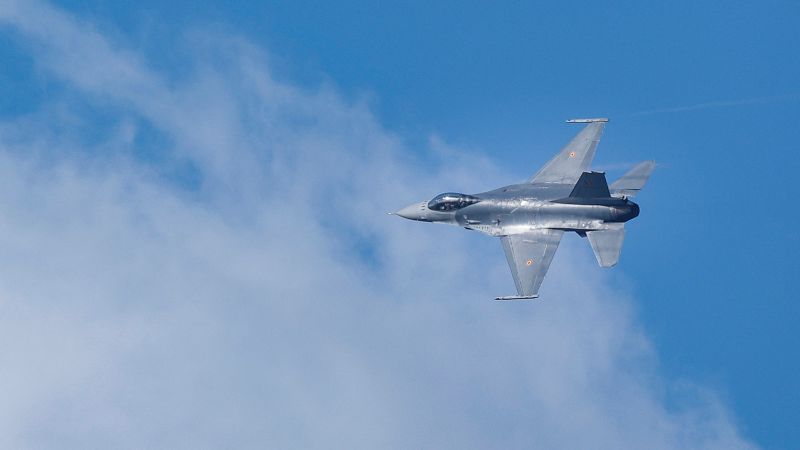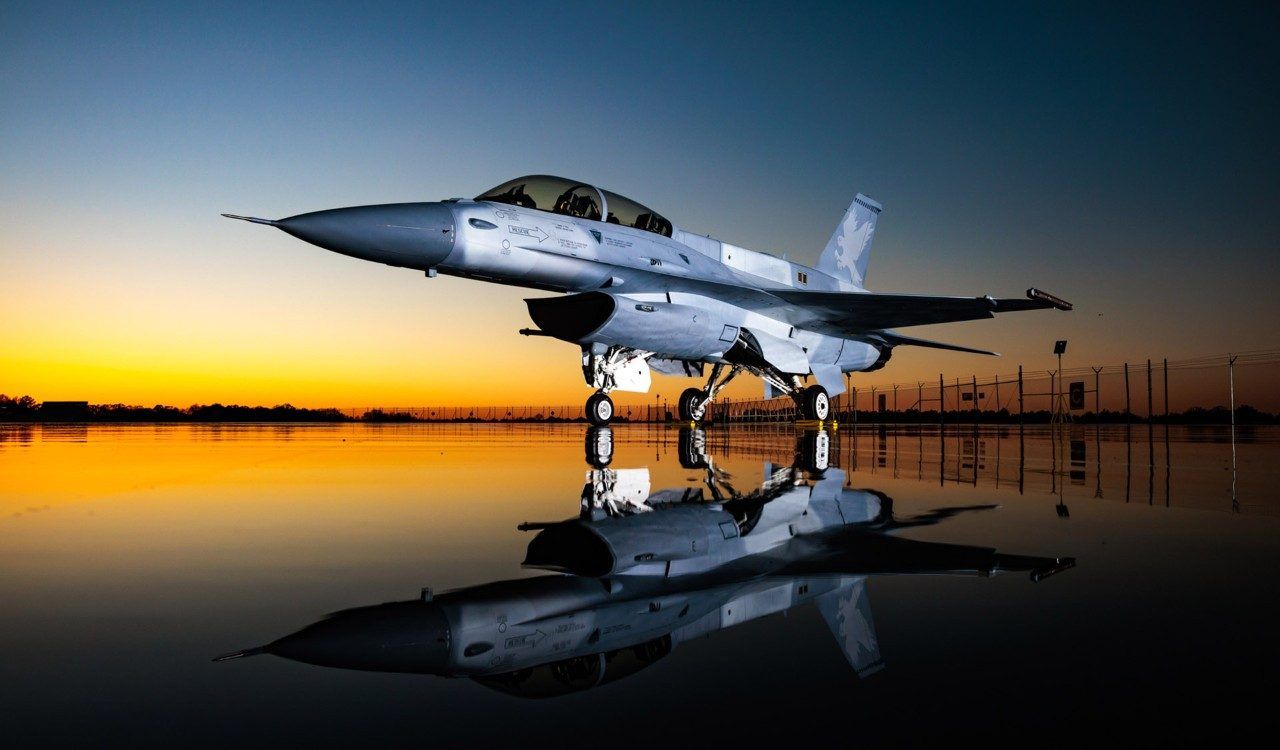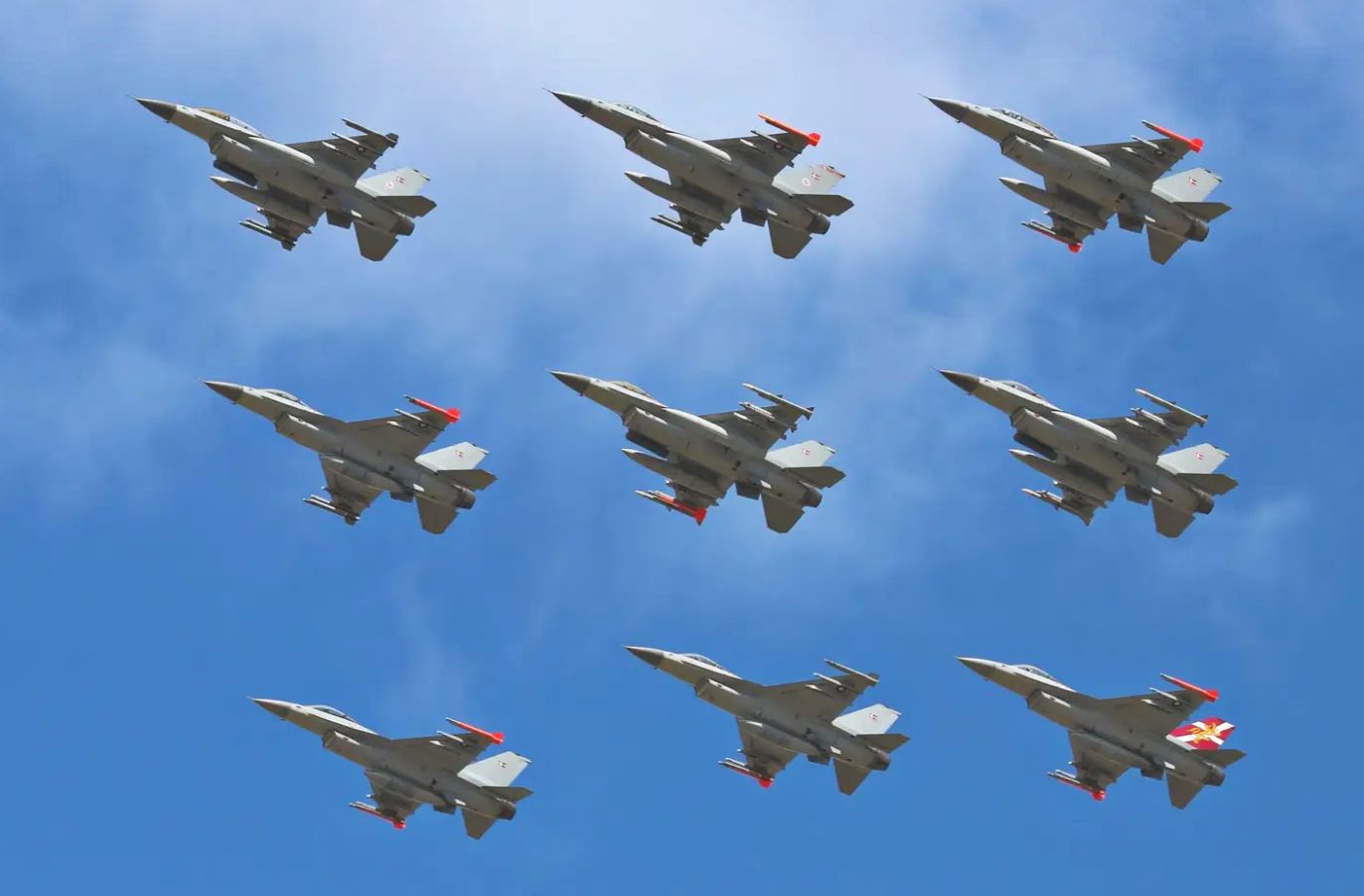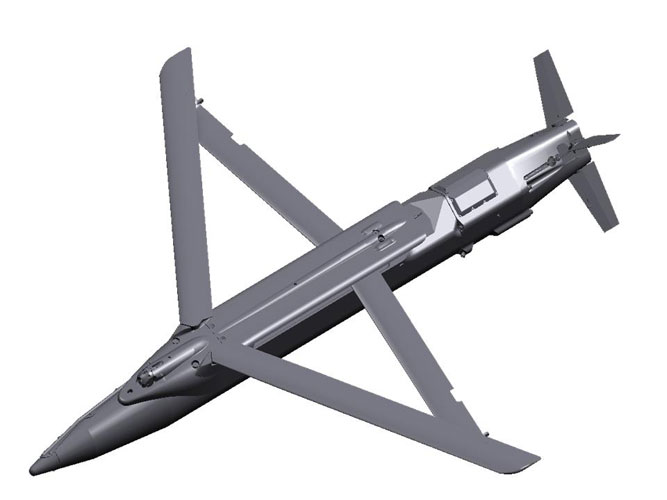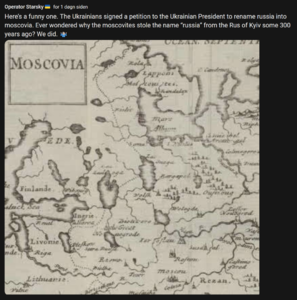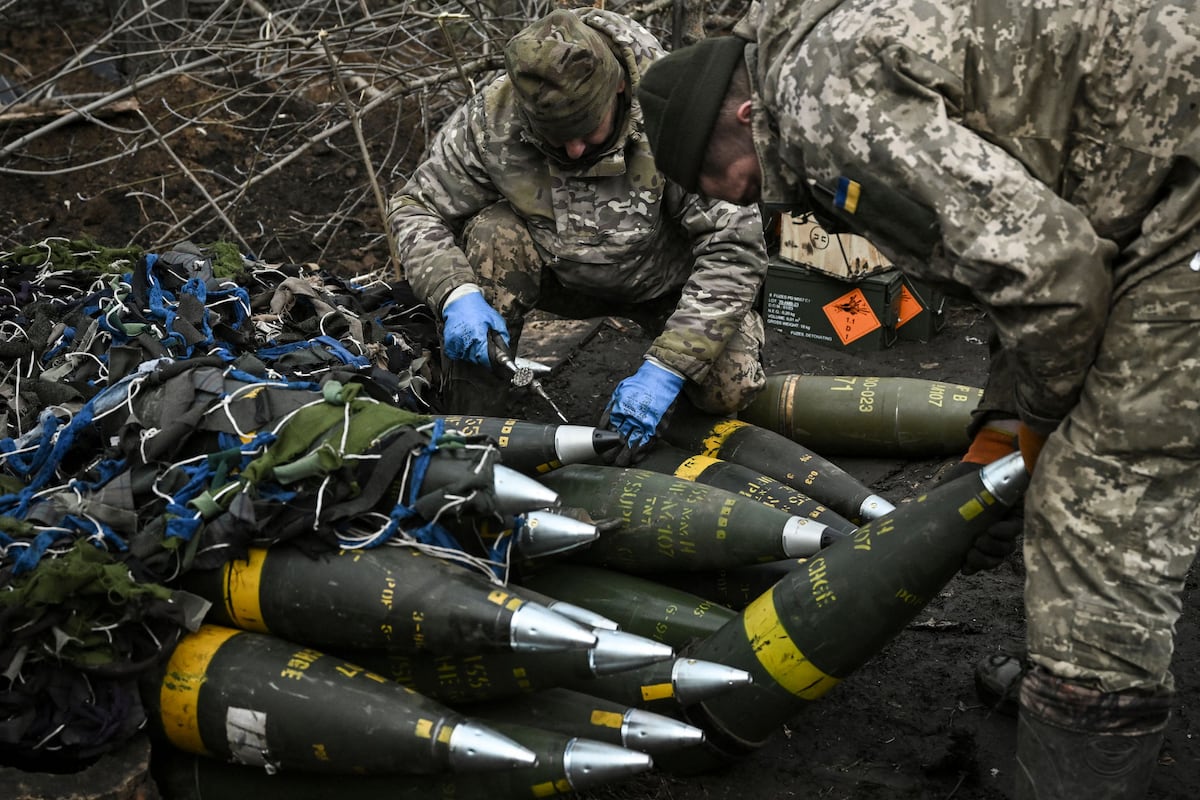I came of age as the borders of the Soviet Union collapsed and Russia embraced the West. I was one of those euphoric young Russians standing amid the ruins of communism, looking forward to a life free of ideology, oppression, and untruths. Back then, it seemed that after a decades-long totalitarian detour, Russia had finally found its true path—that of a free, democratic country. Now I’m forced to revise, yet again, my assumptions about what Russia is and what it will become.
This time, I, like many others, struggle to see any light in Russia’s future. I asked a group of military experts, sociologists, journalists, and economists who think about Russia professionally to help me envision the future. If there’s any agreement among them, it is that Russia as we knew it—a semi-mythical Eurasian nation that, according to its own lore, had saved the world from the Mongols and Nazis, endured a communist experiment, and then reunited itself with the West—is no longer there. Should Russia endure as a state within its current borders, we might as well come up with a new name for it.
So deep is the country’s malaise that even Russian President Vladimir Putin’s exit from the Russian political stage, whenever it occurs, is unlikely to change the country’s current trajectory. Too many red lines have been crossed, too many points of no return passed. Increasingly lawless, economically doomed, and morally bankrupt, Russia is running out of good endings, as though caught in a reenactment of its own sad folk tale in which the only choices available to the protagonist are to lose his horse, lose his life, or lose his soul.

 forsvaretsforum.no
forsvaretsforum.no




